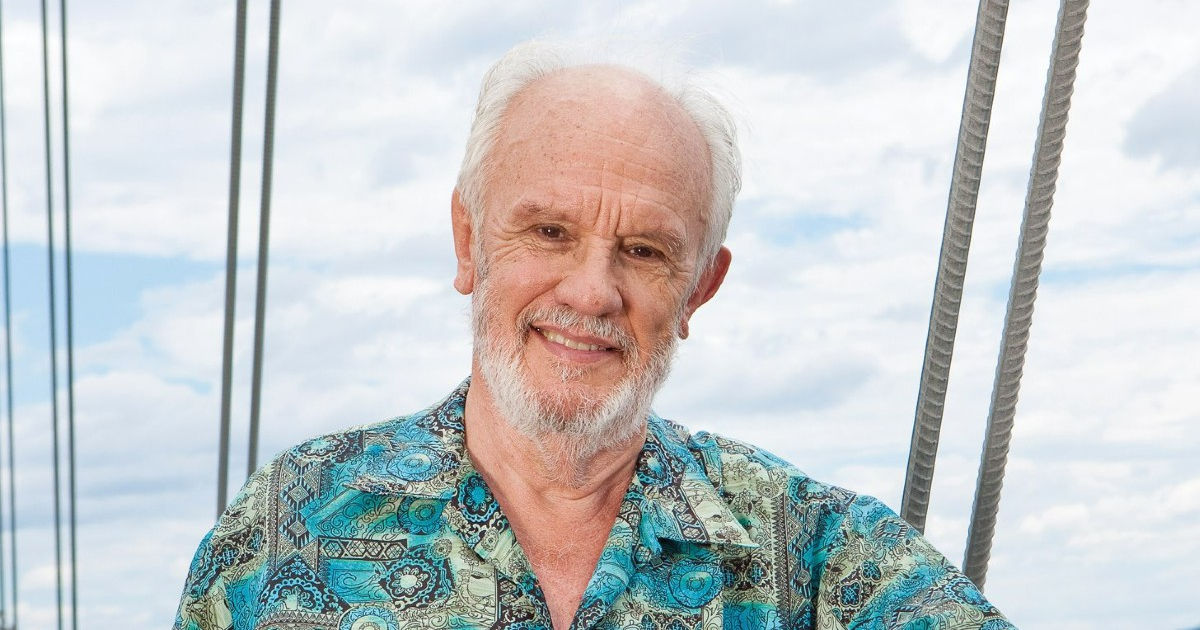
In a world filled with individualism, selfishness, and conflict, the story of James Harrison serves as a reminder that heroes can be everyday people with big hearts. This Australian plasma donor has become a silent icon of modern medicine, providing hope and life to generations of newborns.
It all began in 1951 when 14-year-old James Harrison underwent major chest surgery that required multiple blood transfusions. At that moment, he promised to give back to life if he was able to recover, a promise he has fulfilled many times over. Once he reached the legal age to donate, James began donating his blood regularly, and that’s when doctors discovered something astonishing: his blood contained an extremely rare antibody that could save the lives of many babies.
The antibody in Harrison's blood, known as Anti-D, is crucial for combating Rhesus disease, a condition that arises when the blood of a mother with Rh-negative factor attacks the blood of a baby with Rh-positive factor. Without treatment, Rhesus disease can lead to serious complications such as anemia, brain damage, or even the baby's death. In the 1960s, researchers used James's plasma to develop the Anti-D injection, a treatment administered to Rh-negative mothers to prevent this dangerous reaction. Since then, it is estimated that James's donations have helped save the lives of over 2.5 million babies.
Throughout his life, Harrison made 1,173 plasma donations. To put this into perspective, James sat in the donor chair nearly every month for over 60 years. Harrison did something truly powerful: he provided hope and life to families facing the heartache of losing their babies. In 2018, James Harrison retired from donating due to his age, but he always downplayed his role, insisting that he was just one person doing his part.
Among the many compelling stories surrounding James's contributions, one stands out in particular: the story of Cynthia and her baby Nathan. In 2010, Cynthia faced the possibility of losing her baby due to Rh incompatibility. After receiving Anti-D treatment made possible by James's donations, Nathan was born healthy, and every year on his birthday, Cynthia would send a thank-you letter to the "man with the golden arm." Like Cynthia, thousands of mothers have had the opportunity to celebrate their children's lives thanks to the unwavering commitment of this extraordinary man.
The story of James Harrison is inspiring because it demonstrates the power of personal commitment. If you have ever wondered whether one person can make a difference in the lives of others, the answer can be found in the example of the man with the golden arm. Science, medicine, and families around the world are eternally grateful.
Filed under: